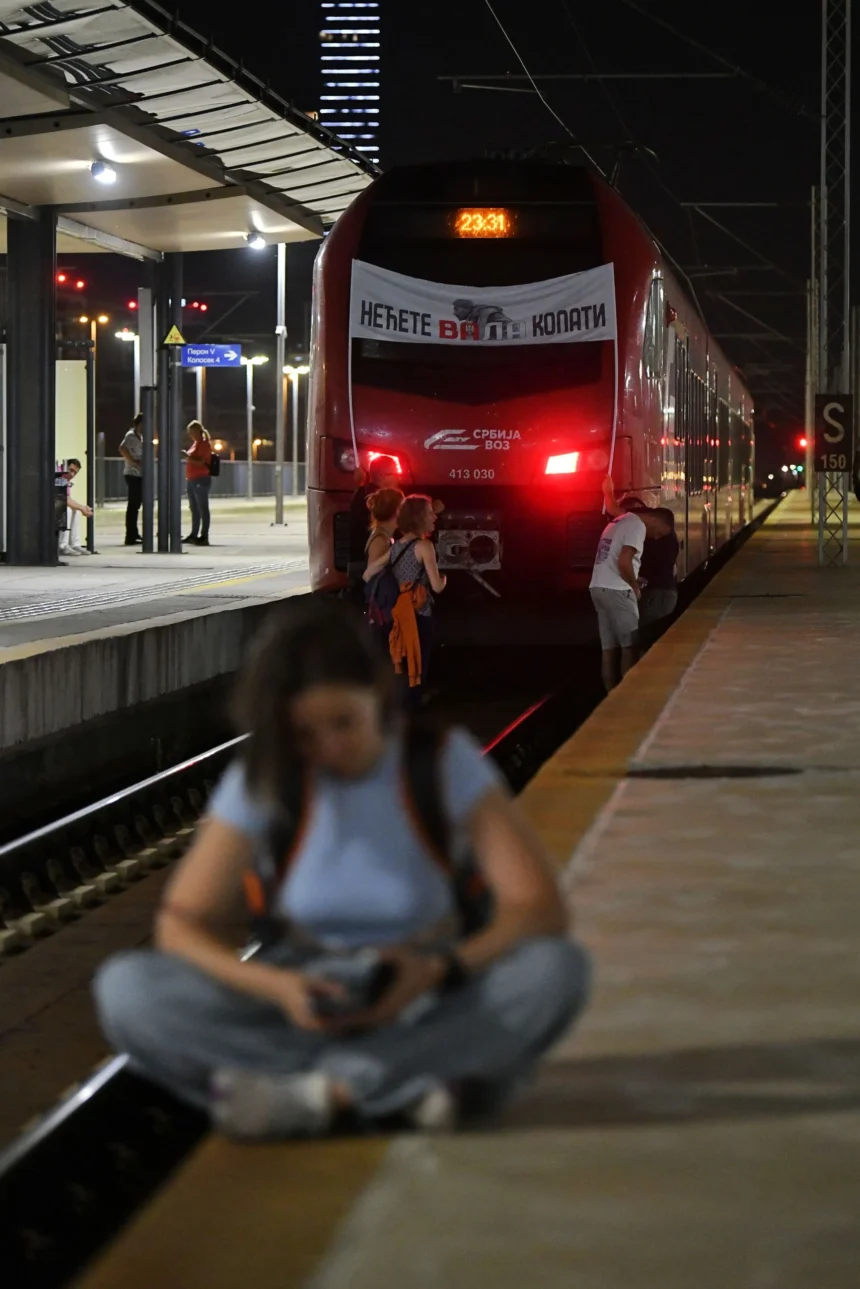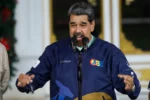After spending $700 million and facing overwhelming public opposition, Rio Tinto has decided to place the controversial Jadar lithium mine into a “care and maintenance” mode — a de facto freeze that reflects the project’s deep crisis.
In just two weeks, Serbia has faced a barrage of negative developments:
• The European Commission published its most critical report on Serbia to date,
• Moscow openly rebuked Aleksandar Vučić for his double-game foreign policy,
• The U.S. banned NIS operations until Russia exits the company, and
• Rio Tinto quietly paused Jadar, according to internal documents obtained by Bloomberg.
A Project That Refuses to Start — And a President Who Refuses to Listen
Rio Tinto’s internal memo states the obvious: with virtually no progress on securing permits, the company can no longer justify such high spending. New CEO Simon Trott appears determined to streamline the portfolio and abandon bottomless pits — and Jadar has become exactly that.
Despite earlier denials from Rio Tinto’s Serbian PR team, the company is now openly reviewing its costs, signaling potential layoffs and shrinking ambitions.
Even the EU’s decision to declare Jadar a “strategic project” has backfired.
Project director Chad Blewitt admitted that all previous cost estimates must be revised, as meeting EU environmental and human-rights standards will significantly increase the final investment.
In other words: either the earlier promises were marketing, or the real cost of doing things properly is much higher than Rio Tinto ever admitted.
Activists: This Is Not the End
Environmental activist Bojana Novaković warns that the freeze is not a victory:
“Have they left? Of course not. A pause is not the end… That mine is still alive.”
She points out that infrastructure for the mine is still quietly being built with Serbian taxpayers’ money, including work on gas pipelines. Meanwhile, the Ministry of Mining continues administrative steps toward exploitation licenses — often behind closed doors.
State Behavior Indicates Something Is Wrong
Documents show that Rio Sava requested 22 deadline extensions for required documentation. Until the government’s supposed “final halt,” the Ministry approved every single one.
But since 2022 — not a single reply. No approval, no denial. Just silence.
No one knows whether the procedure is technically still active.
Another red flag: a full year has passed since the Ministry of Environment issued requirements for the Environmental Impact Study, yet Rio Tinto still hasn’t requested formal approval — even though the government allowed them to slice the project into three separate studies, a move widely criticized as manipulation.
Why the Pause Now? Elections — and Fear
Activists argue the timing is political. Vučić wants to cool down public anger, control the narrative before elections, and keep the door open to revive the project later.
Public opinion, however, remains disastrous for the government.
Political analyst Đorđe Vukadinović notes:
- Only 25% of citizens supported the mine in early surveys
- Around 60% oppose it, including many ruling-party voters
- Protests across Serbia forced the government into retreat
- Jadar remains the single most unpopular state project — even more hated than the National Stadium and EXPO
Vučić attempted a clumsy repositioning, going from being Rio Tinto’s loudest lobbyist to a supposed strict environmental guardian.
But the public didn’t buy it. The government then shifted to a strategy of silence and concealment, moving bureaucratic processes forward while avoiding public discussion.
The Market No Longer Favors Vučić’s Gamble
Lithium prices are down 85% since their 2022 peak, making Jadar even less attractive. Meanwhile, global mining giants are pivoting toward copper, not lithium.
Rio Tinto is hiring around the world — but not a single job posting exists for Serbia anymore.
Even the once-lavish PR machinery that defended the project has gone quiet.
Conclusion: The Project Is Frozen — But Not Dead
What is clear is this:
- Rio Tinto is reconsidering.
- Vučić is trapped between Brussels, Washington, Moscow, and furious citizens.
- The Jadar project remains politically toxic and economically uncertain.
And despite the government’s silence, nothing suggests that the project has been abandoned for good. The freeze is simply a pause — not a surrender.







